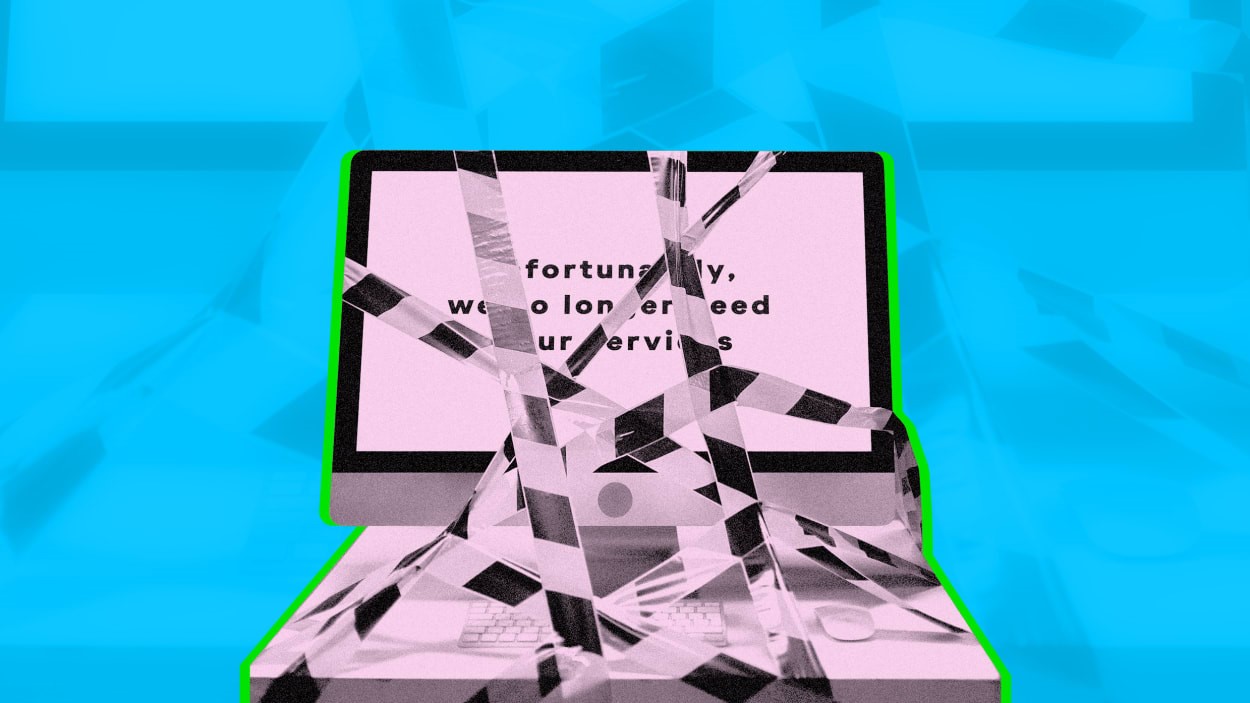Badly handled layoffs keep going viral. Why HR can’t get it right
By Julia Herbst
Last week, Brittany Pietsch had a bad feeling she was about to get laid off. So the Cloudflare employee composed herself and secretly pressed record. Her subsequent conversation with two members of Cloudflare’s human resources team went viral, with a number of viewers commending Pietsch for sticking up for herself after the HR employees told her she was getting laid off for poor performance.
What was it about the video that resonated with so many? The fact that Pietsch knew it was coming and took issue with their claims? The impersonal nature of the script the HR team relied on? The fact that no one she worked closely with was on the call?
The CEO of Cloudflare, Matthew Prince, later admitted on X that the video was “painful” to watch and wrote that “HR should be involved, but it shouldn’t be outsourced to them. No employee should ever actually be surprised they weren’t performing. We don’t always get it right. And sometimes underperforming employees don’t actually listen to the feedback they’ve gotten before we let them go.”
We’ve written a fair bit about this delicate topic of how to handle layoffs—and why so many companies seem to get it wrong so often. There have been plenty of examples of missteps: There was that time Elon Musk fired half of Twitter’s workforce in one fell swoop, and employees only learned they were affected after getting locked out of Slack. Or that leaked video of Better.com’s CEO alternately blaming employees, himself, and the market, while also threatening remaining workers that he “will exit them too” if they aren’t “super productive.”
But even when there aren’t widespread layoffs at companies, there’s plenty of criticism directed at HR teams more generally—especially as they are designed to protect company interests over those of individual employees.
“People tend to believe that HR represents the employer and simply can’t be trusted to have their best interests at heart,” wrote staff writer Pavithra Mohan. “Multiple studies have found that, on average, nearly half of employees don’t trust HR or feel comfortable confiding in their HR leaders.”
But some “people leaders” want to build a more empathetic and useful department that is in touch with the needs of modern businesses and workers. Contributor and HR expert Lars Schmidt has written about these efforts extensively for Fast Company, including their efforts to oversee diversity, equity, and inclusion efforts, hybrid and remote work, and modern, in-demand benefits. “On one hand, the field [of HR] has been elevated in a significant way,” wrote Schmidt, amid the return-to-work turmoil of 2021. “It’s now a department of critical strategic importance. We have this once-in-a-generation opportunity to redesign the nature of work itself.”
(29)



